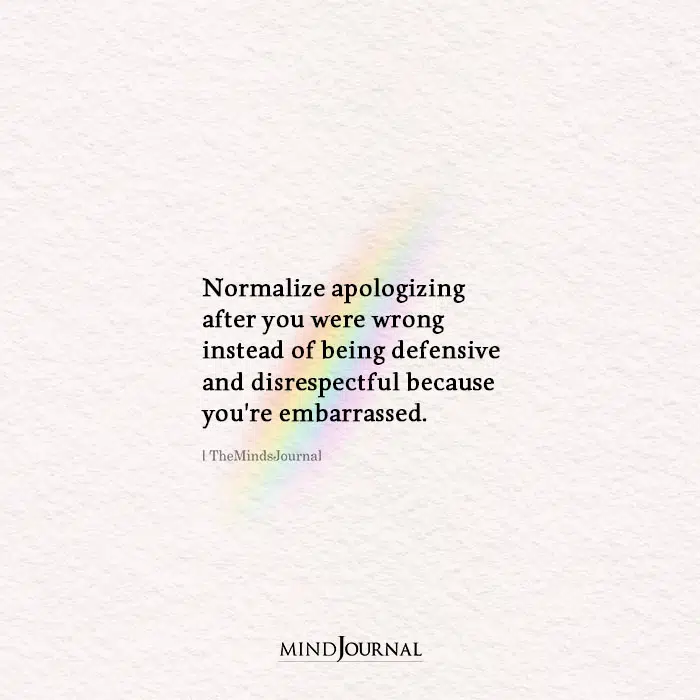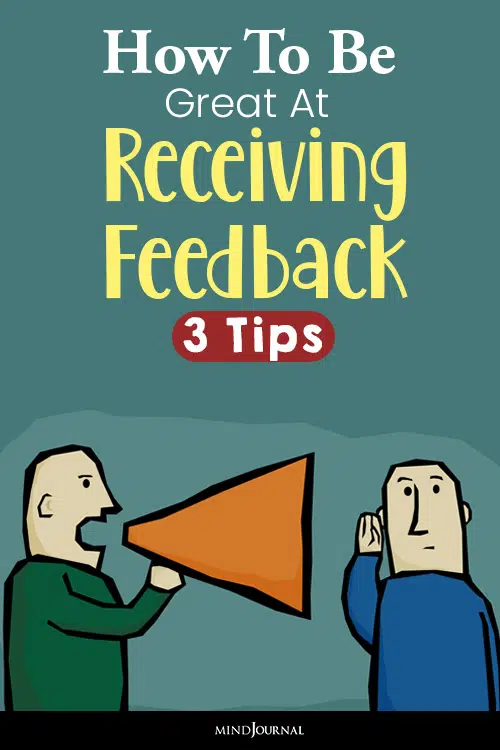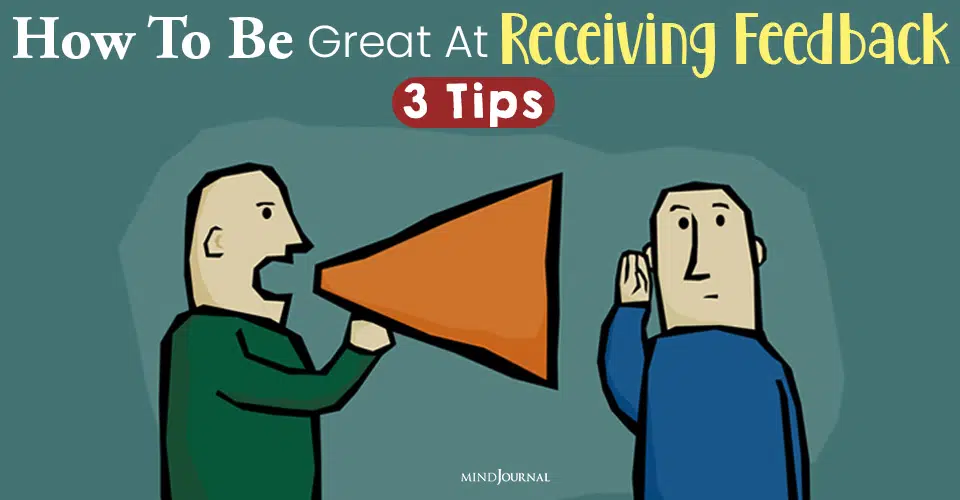Learning to receive feedback is an essential part of developing yourself as a leader and as a person. This post covers three things that you need to do to enhance your feedback receiving ability.
Many of us say we want feedback… but do we really?
Do we really want someone to point out our flaws and limitations?
Do we want to be embarrassed about our ineffectiveness and inefficiencies?
If we care about growth and personal development we do, but receiving feedback can hurt. And that’s why it’s so important to be good at receiving and responding in a professional manner.
Here are 3 tips to jumpstart your feedback receiving ability.
Tip 1: Minimize Defensiveness.
Even if you don’t agree with the feedback — or think you don’t agree, it doesn’t help in the moment to be defensive. In fact, it’s counter-productive. Take an analytical, instead of emotional approach, and thin of the feedback as a “data point” about one person’s impression of you.
And while you’re doing this, make sure you’re really listening and processing. Summarize and reflect back what you say. And if negative emotions seem to be getting in the way, do what you can to suppress them in the moment.

Related: How To Stop Getting Defensive When Triggered: 5 Tips
Tip 2: Take A Step Back.
Try not to respond immediately, even if that’s your impulse. Take time to process the feedback. Run it by close colleagues or friends. Make a list of things you agree with; things you need more clarity on; and things you actually don’t agree with.
And only once you’ve done this homework, and are in a more “rational” mood, does it make sense to re-engage with the original person. Otherwise, you likely won’t make the most of this key self-improvement opportunity.
Related: How To Respond Gracefully To Destructive Criticism: 6 Tips
Tip 3: Evaluate The Evaluator.
This was actually a piece of advice my grandfather often gave, and I think he’s right. Just because someone offers you feedback doesn’t mean that it’s correct. Sometimes feedback is off-base, or a person has a particular agenda in delivering it.
So as part of your vetting process, make sure to evaluate the evaluator, and incorporate that into your sense-making process.
In the end, learning to receive feedback well is a critical part of developing yourself as a leader. But unless you take a step back, minimize defensiveness, and evaluate the evaluator, you can miss a great chance for self-improvement.
Written by: Andy Molinsky Originally published at medium.com Republished with permission









Leave a Reply
You must be logged in to post a comment.